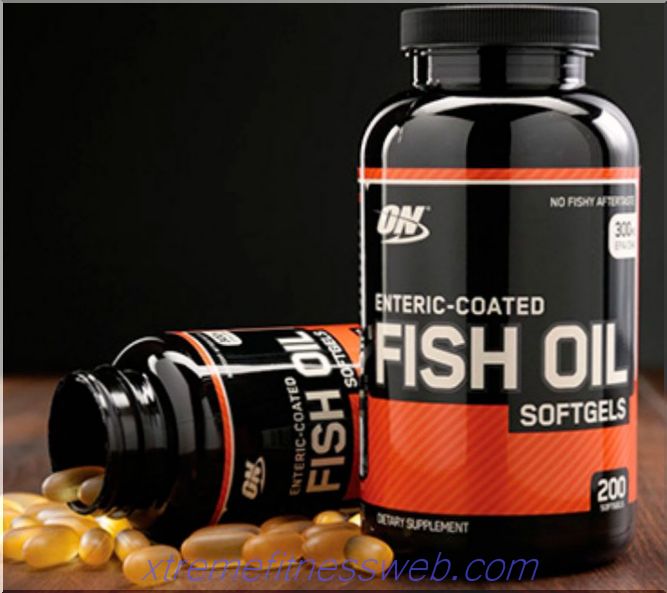- What is coconut?
- What properties does coconut have?
- What substances are in coconut ">
Calorie content and nutritional value
- Useful and harmful qualities of coconut
- Are there any contraindications to the use of coconuts ">

The fetus does no harm, but in some people it can cause individual intolerance. Those who are prone to allergies when trying coconut for the first time should be careful.
Regarding how much you can eat coconuts, here also have their own nuances. People who are rapidly gaining weight, as well as suffering from indigestion, are not recommended to get involved in exotic delicacies.
Where Coconuts Are Used ">
The benefits of coconut milk
- The use of coconut oil in cosmetology
- The benefits of coconut oil for the stomach
- What is coconut water and what properties does it have ">

Water is present only in unripe fruits, is very different from milk, which is formed at the stage of mixing water and pulp, in taste and has almost zero calorie content. Sweet and sour and cool, it does not contain harmful fats.
Substances present in coconut water will endow the product with properties similar to saline. She shows the following useful qualities:
- perfectly quenches thirst;
- restores the body's water balance;
- eliminates infections in the bladder.
Fresh fruit has maximum value, but there is not always the opportunity to purchase one. All the beneficial properties of coconut water are preserved in the pasteurization process, which takes place without the use of any dangerous additives and impurities.
Summarizing

Covered with a hard shell on the outside, inside of which there is a transparent tender milk and snow-white pulp, coconut for many residents of our country remains a mysterious fruit. Not everyone knows what useful properties this overseas “nut” has, for what reasons milk or pulp of exotic goodies should be included in their diet.
The fruit got its name from the Portuguese word coco, which in Russian means monkey. This is due to the presence of three spots on the coconut, which make it look like a monkey face. The fruit grows in the Philippines, Thailand, Indonesia, Brazil, from where it is exported to our country.
Content
- 1 What is coconut "> 2 What are the properties of coconut?
- 3 What substances are in coconut?
- 4 Calorie content and nutritional value
- 5 Useful and harmful qualities of coconut
- 6 Are there any contraindications to the use of coconuts?
- 7 Where are coconuts used?
- 8 Benefits of Coconut Milk
- 9 The use of coconut oil in cosmetology
- 10 Benefits of Coconut Oil for the Stomach
- 11 What is coconut water and what properties does it have?
- 12 Summary
What is coconut?
Many attribute coconut to nuts. This is a mistake. The fruit is a drupe whose mass reaches 2.5 kilograms. He is the only representative of the Cocos genus belonging to the Palm family. The inner part of the fetus with three pores (spots) is called the endocarp, and the outer (outer) shell is called the exocarp.
On the inside of the shell there is an endosperm, as well as a white pulp having a valuable unique composition. Initially, a completely transparent liquid endosperm contains a few drops of oil, and then, as a result of ripening, it turns into a milk-colored emulsion - coconut milk. When the fruit ripens completely, the milk acquires a thick consistency and hardens.
What properties does coconut have?

The tree is distinguished by the fact that it grows on the coast. The plant feels comfortable near sea water, but does not feel the need for it. Having shallow roots, it receives all the necessary moisture for development and growth from the soil, which is abundantly irrigated on the coast.
Salt water does no harm to the peel. If the fruit falls into the sea, it will remain completely unscathed. When it is washed ashore, it will become the planting material from which a coconut tree will grow.
What substances are in coconut "> Calorie content and nutritional value
Coconut pulp in 100 gr. contains approximately 360 kcal. The calorie content of coconut water is practically zero (per 100 g. - 16.7 kcal).
Nutrient content per 100 grams of coconut:
- proteins - 3.33 g;
- carbohydrates - 15.23 g;
- fats - 33.49 g.
In milk, the ratio of nutrients is somewhat different:
- proteins - 4 g;
- carbohydrates - 6 g;
- fats - 27 g.
Useful and harmful qualities of coconut

Exotic fruit is indicated for use:
- with urological pathologies and diseases of the nervous system;
- those who follow a vegetarian diet;
- suffering from hormonal imbalance with thyroid dysfunction;
- people with weakened immunity, as well as having problems with the cardiovascular system;
- with visual impairment and eye diseases, type 2 diabetes mellitus, metabolic syndrome;
- those who have joint diseases.
The healthy saturated fats found in coconut stabilize cholesterol. This reduces the risk of developing atherosclerosis. In addition, the fetus does not allow tumors to grow.
Both milk and pulp have anti-inflammatory and antimicrobial properties. This feature allows you to use coconut fruits against allergic and acne skin rashes.
Fiber present in the exotic fruit stimulates and normalizes bowel function. The use of coconut pulp and oil can reduce the body’s addiction to antibiotics. Drops that help with ear pains are made from pulp.
Are there any contraindications to the use of coconuts "> 
The fetus does no harm, but in some people it can cause individual intolerance. Those who are prone to allergies when trying coconut for the first time should be careful.
Regarding how much you can eat coconuts, here also have their own nuances. People who are rapidly gaining weight, as well as suffering from indigestion, are not recommended to get involved in exotic delicacies.
Where Coconuts Are Used "> The benefits of coconut milk
Valuable for both indoor and outdoor use. A solution of coconut milk and glucose is administered intramuscularly to those who suffer from dehydration in order to maintain the fluid in the body at the right level.
Milk is an excellent tonic and skin freshener. It returns the aging and sluggish dermis elasticity, is used in the treatment of allergic and acne rashes. The inflamed areas after application of milk is calmed and dried.
The use of coconut oil in cosmetology

From the dried pulp of the fetus, valuable cosmetic oil is obtained, which is widely used in beauty rituals. It is equally beneficial for skin and hair. It has a healing effect on any burns, including those treated from prolonged exposure to the sun.
Coconut oil is especially good for dry skin with reddened and cracked areas. The saturated fatty acids included in its composition provide rapid absorption, hydration and velvety skin. Split and dull, they acquire a shiny and healthy appearance.
The benefits of coconut oil for the stomach
Coconut oil is a dietary oil. It contains lauric acid, which protects the intestines from the effects of bactericidal, viral, pathogenic and fungal microorganisms, as well as yeast. Thanks to capric acid, the protective functions against microbes are enhanced. Oil is easily digested, does not exert pressure on the liver, normalizes the intestinal flora.
What is coconut water and what properties does it have "> 
Water is present only in unripe fruits, is very different from milk, which is formed at the stage of mixing water and pulp, in taste and has almost zero calorie content. Sweet and sour and cool, it does not contain harmful fats.
Substances present in coconut water will endow the product with properties similar to saline. She shows the following useful qualities:
- perfectly quenches thirst;
- restores the body's water balance;
- eliminates infections in the bladder.
Fresh fruit has maximum value, but there is not always the opportunity to purchase one. All the beneficial properties of coconut water are preserved in the pasteurization process, which takes place without the use of any dangerous additives and impurities.
Summarizing
Coconut is an incredibly healthy fruit. It has value not only for health, but also for the appearance of a person. Of course, unlike the usual fruits, it turns out to eat it constantly for food is not always there, but if such an opportunity exists, then it is not recommended to miss this chance. This also applies to products obtained from the pulp of this exotic "nut".









